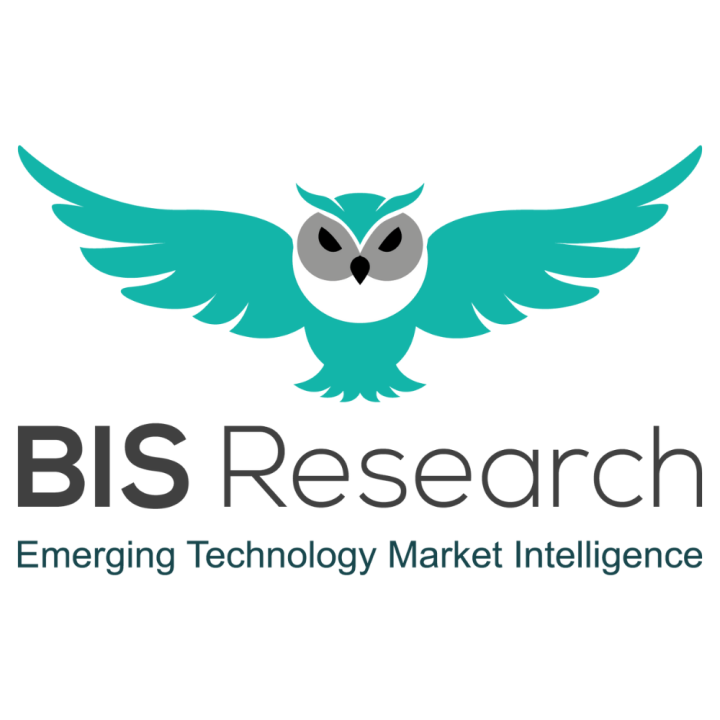Notifications

7 minutes, 31 seconds
-396 Views 0 Comments 0 Likes 0 Reviews

The digital health revolution is transforming the global healthcare landscape, making care more accessible, efficient, and patient-centric. With advancements in telemedicine, wearable devices, healthcare AI, and connected healthcare systems, the global digital health market is poised for exponential growth over the next decade.
The global digital health market aims to enhance the efficiency of healthcare delivery, improve patient outcomes, and facilitate better access to healthcare services. This growth is driven by technological advancements, increasing healthcare digitization, and the rising prevalence of chronic diseases that demand innovative care solutions.
Key Growth Drivers:
Rise of Chronic Diseases: With global populations aging and lifestyle diseases like diabetes and hypertension increasing, the demand for remote monitoring and personalized care has surged.
Advancements in AI and Machine Learning: AI-powered tools for diagnostics, predictive analytics, and patient monitoring are enhancing care quality and efficiency.
COVID-19 Catalyst: The pandemic accelerated the adoption of telemedicine, virtual care platforms, and digital health tools worldwide.
Government Initiatives: Increased investment in digital health infrastructure and favorable regulatory policies are fostering market growth.
Consumer Demand: Patients are seeking convenient, tech-enabled care solutions that fit their modern lifestyles.
Telemedicine and Virtual Care
Market Potential: Telemedicine is the fastest-growing segment, offering real-time consultations, follow-ups, and remote diagnosis.
Future Trends: Integration of virtual reality (VR) for therapy and post-surgical care is expected to gain traction.
Wearable Devices
Applications: Smartwatches, fitness trackers, and medical-grade wearables monitor vitals like heart rate, glucose levels, and blood pressure.
Growth Factors: Increasing consumer awareness about preventive care and the popularity of wellness apps are driving demand.
Healthcare AI and Big Data Analytics
Revolutionizing Care: AI analyzes vast amounts of patient data to predict health risks, personalize treatments, and improve operational efficiency.
Future Outlook: By 2033, predictive analytics will play a central role in chronic disease management and early diagnosis.
Connected Healthcare Systems
Overview: Connected ecosystems integrate electronic health records (EHRs), IoT-enabled devices, and cloud-based platforms to create seamless care experiences.
Impact: These systems improve communication between patients and providers, reduce administrative burdens, and enhance data-driven decision-making.
Digital Therapeutics (DTx)
Functionality: DTx uses software solutions to deliver evidence-based therapeutic interventions, often as an alternative or complement to traditional treatments.
Adoption Trends: Mental health apps, addiction management tools, and sleep disorder therapies are gaining significant momentum.
Request for a sample research report on the digital health market
North America:
Accounts for over 40% of global revenue in 2023.
Dominance driven by robust healthcare infrastructure, high smartphone penetration, and government support for telehealth adoption.
Europe:
Rapid adoption of digital health technologies fueled by aging populations and supportive regulatory frameworks.
Key markets include Germany, the UK, and France.
Asia-Pacific:
Fastest-growing region due to rising healthcare spending in China and India.
Increased smartphone usage and initiatives like India’s Ayushman Bharat Digital Mission are major growth drivers.
Latin America and Middle East & Africa (MEA):
Gradual adoption of digital health tools to address healthcare access issues, particularly in rural areas.
Investments in telehealth infrastructure are helping bridge gaps in care delivery.
Remote Patient Monitoring (RPM): With the integration of IoT-enabled devices, RPM is transforming chronic disease management by providing real-time data to healthcare providers, enabling early interventions.
Personalized Medicine: AI and big data analytics allow for tailored treatment plans based on individual patient profiles, improving outcomes and reducing costs.
Blockchain in Healthcare: Blockchain technology is enhancing data security and interoperability, addressing patient privacy concerns while streamlining record sharing.
Mental Health and Wellness Apps: The global mental health crisis has spurred innovation in digital therapeutics, including mindfulness apps, cognitive-behavioral therapy (CBT) tools, and virtual therapy platforms.
5G-Enabled Healthcare: The rollout of 5G networks is expected to enhance telemedicine experiences, enable seamless video consultations, and facilitate real-time data sharing from wearables and IoT devices.
Despite its promising growth, the digital health market faces challenges:
Data Privacy and Security: Cybersecurity risks and patient data breaches remain a major concern.
Regulatory Hurdles: Different regions have varying regulations, creating complexities for global market players.
Technology Gaps: Limited access to high-speed internet and advanced devices in rural or low-income regions hinders adoption.
High Initial Costs: Implementing digital health solutions requires significant investment, which can deter smaller healthcare providers.
Get more insights on the Healthcare Market Research Reports.
The digital health market’s future is shaped by several transformative trends:
Integration of AI with Genomics: AI-driven genomics will pave the way for advanced precision medicine.
Wearables for Preventive Care: Wearables will evolve from fitness trackers to comprehensive health monitors capable of detecting diseases early.
Virtual Hospitals: Fully virtual healthcare ecosystems will emerge, where patients can receive diagnoses, treatments, and follow-ups from home.
Health Equity through Technology: Affordable digital health solutions will expand access to care in underserved regions.
Green Healthcare Technology: Sustainable, energy-efficient digital health devices and systems will gain traction.
The global digital health industry is set to redefine how healthcare is delivered, accessed, and experienced. From AI-driven diagnostics to connected healthcare ecosystems, the opportunities for innovation and growth are vast.
As we move toward 2033, collaboration between technology providers, healthcare institutions, and governments will be key to overcoming challenges and unlocking the full potential of digital health. By embracing these advancements, the healthcare industry can improve patient outcomes, enhance accessibility, and ensure a healthier future for all.
Healthcare BIS Research Digital Health Market Digital Health Industry Digital Health Market Research Digital Health Market Report Digital Health Market Analysis Digital Health Market Forecast Digital Health Market Insights

